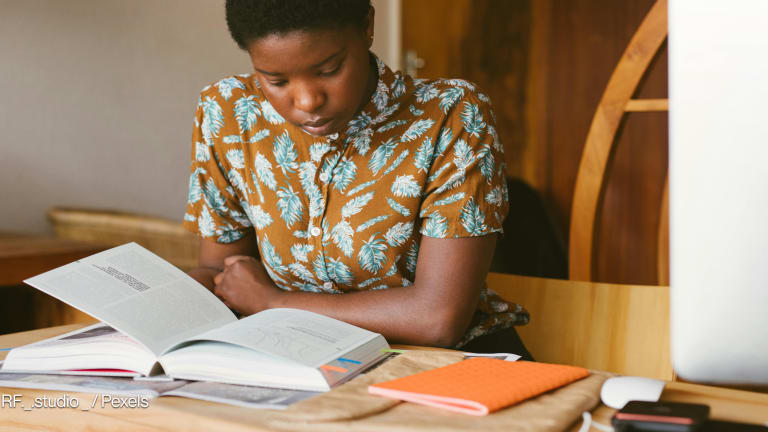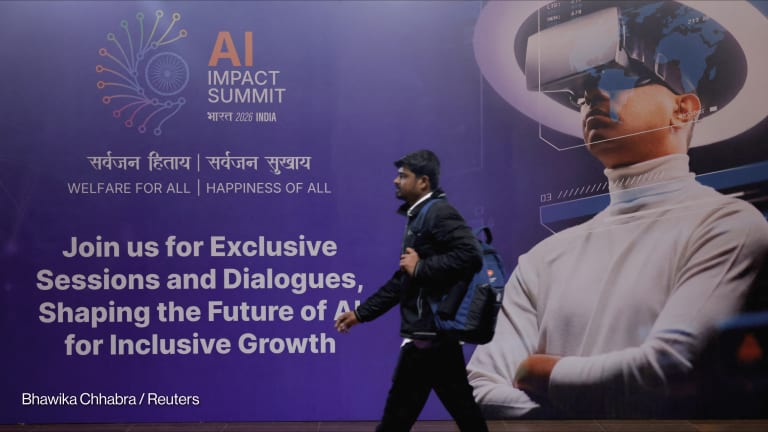A group of nearly 40 students gathered around tables crowded with laptops in a classroom at Laboratoria, a social enterprise in Lima, Peru, that teaches young women to code. Beyond learning technical skills and building websites, the girls also gain confidence in their own skills, said Ana Maria Martinez, one of the four cofounders of the shop.
Earlier this month students from Afghanistan to Zimbabwe participated in the third annual Hour of Code. The event’s continued growth across the world demonstrates the increasingly global reach of digital literacy initiatives. But despite momentum from social enterprises, supportive policies from a growing number of governments, and events like Computer Science Education Week that unite these efforts, the global development community can do more to ensure that coding will become a part of a basic education.
Teaching kids how to use computers but not how to understand their algorithmic language is like teaching them to read but not to write, said Cristina Pombo Rivera of the Inter-American Development Bank.








